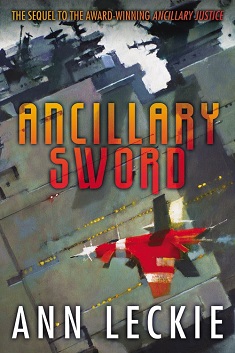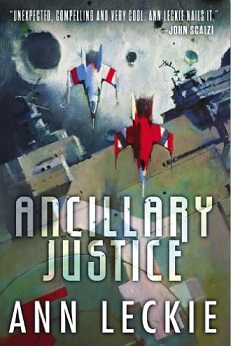"Ancillary Justice" book trailer from bironic on Vimeo.
A pitch perfect book trailer for Ancillary Justice, done by the same person who did the wonderful Starships video. It’s uncanny how the video manages to capture the setting and story using only pre-existing sources. This got my imagination firing on how good a real movie or television series adaptation might look and yet. And yet… One of the things that sets Ancillary Justice apart is its use of pronouns and how we see the world through Breq’s eyes only, who is either unwilling or unable to make gender distinctions. Doing the same in a visual medium is much harder; the effect will be lost if we’re seeing actors who are “clearly male” or “clearly female” and they can’t all be Tilda Swinton. It would be a very different experience and one that needs lot of care and attention to get it right. I’m not sure anybody could do it right.

